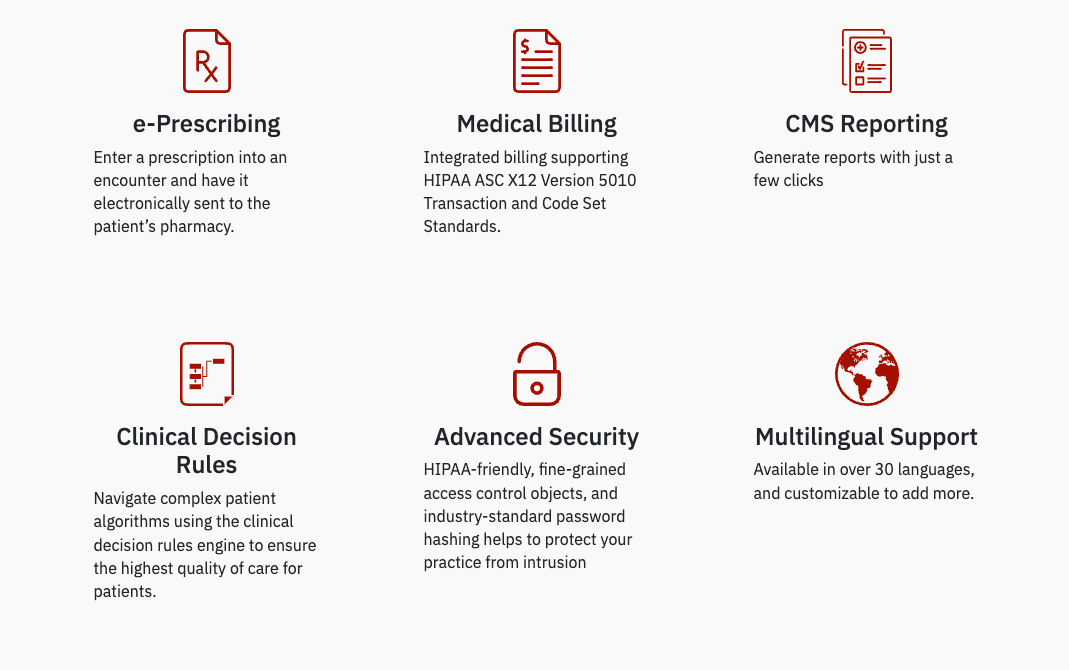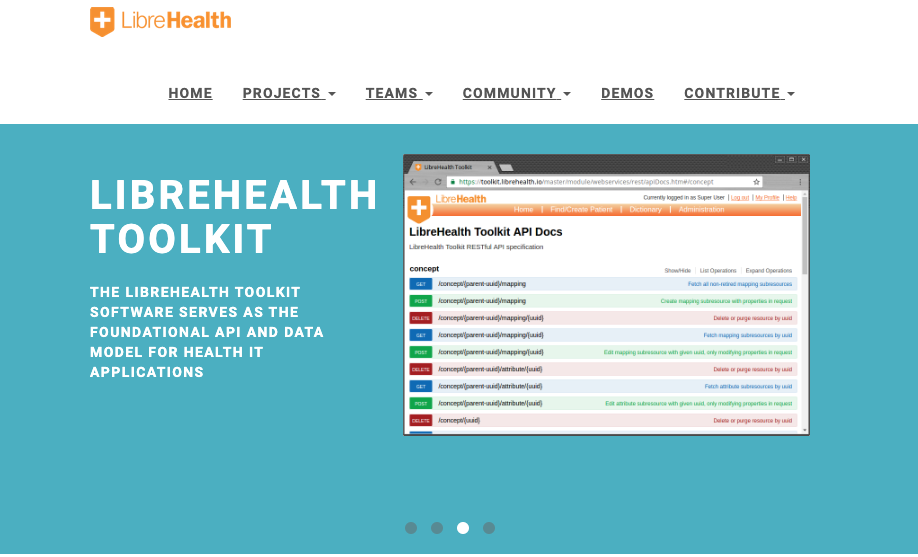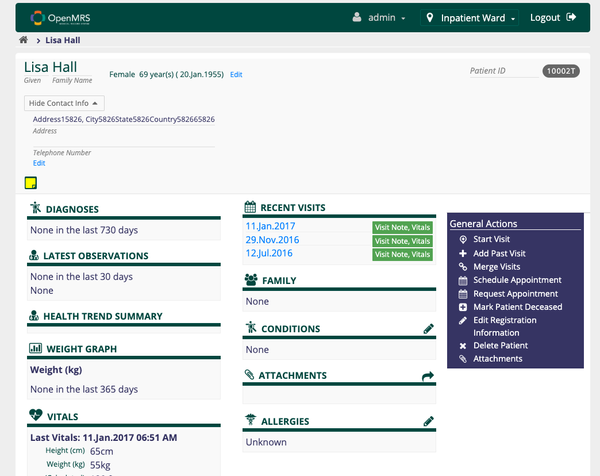Is LibreHealth EHR Dead? Here’s Why You Should Think Twice Before Using It
Table of Content
LibreHealth EHR was once a promising open-source electronic health record (EHR) system, designed to be easy to use, customizable, and adaptable to various healthcare settings.
Built on the strengths of LibreHealth Toolkit and inspired by user-friendly elements from OpenEMR, it aimed to provide a modern, efficient experience for healthcare professionals. But today, the reality paints a different picture.
If you’re considering adopting LibreHealth EHR for your clinic or hospital, you need to pause and reconsider.
Recent developments indicate that the project is effectively dead, with a lack of updates, unresolved security vulnerabilities, and no active roadmap. This isn’t just a minor inconvenience; it’s a ticking time bomb for patient safety and hospital liability.

LibreHealth EHR: The Current State of Affairs
1- Lack of Updates and Stagnation
A glance at the LibreHealth EHR GitHub repository (LibreHealthIO/lh-ehr) shows that the last official release, version 2.0.0, was back in 2017. In tech, especially in healthcare, that’s an eternity.
Since then, contributions have dwindled, and the codebase has gathered dust. For a system handling sensitive PHI (Protected Health Information), outdated software isn’t just inefficient—it’s dangerous.
2- Security Vulnerabilities
In August 2021, the LibreHealth EHR demo was decommissioned due to security vulnerabilities. No replacement demo was provided, leaving prospective users in the dark.
Security flaws in healthcare IT are unacceptable. With ransomware attacks and data breaches on the rise, an insecure EHR system is a disaster waiting to happen.
Real-world Example: The WannaCry ransomware attack in 2017 crippled the UK’s National Health Service (NHS) because of outdated systems.
Patient care was delayed, surgeries were canceled, and sensitive data was compromised (source). Don’t let your hospital become the next headline.
3- No Clear Roadmap or Support
A viable EHR needs continuous improvement and active support. LibreHealth EHR has neither. The project’s roadmap is unclear, and community discussions show frustration over the lack of direction.
Without regular updates, patches, or a development plan, adopting LibreHealth EHR means committing to a system that’s already obsolete.
Why This Puts Your Hospital at Risk
For hospital executives, using an outdated and insecure EHR isn’t just an IT problem—it’s a liability.
- Security Breaches: Without updates, your hospital is vulnerable to ransomware and data breaches that can compromise PHI.
- Compliance Failures: Outdated systems can violate HIPAA and other regulations, exposing your organization to hefty fines and legal action.
- Operational Chaos: Bugs and glitches disrupt workflows, leading to delays, errors, and frustrated staff.
- Medical Malpractice: System failures can result in medical errors and patient harm, opening the door to malpractice lawsuits.
Our Recommendation: Avoid LibreHealth EHR
As a doctor who also works in tech, I’ve seen how crucial a reliable EHR is for patient care and hospital efficiency.
Based on its lack of updates, security flaws, and inactive development, LibreHealth EHR is not a system you should trust.
Instead, consider these alternatives:
- OpenEMR: A widely-used, actively maintained open-source EHR with a robust community and regular updates. However, we recommend regular pentesting and security checks.
- GNU Health: A comprehensive health and hospital information system with strong EHR capabilities and community support.


Final Thoughts
Choosing an EHR is one of the most critical decisions for your hospital. It’s about patient safety, data security, and compliance. LibreHealth EHR may have had potential, but its current state is a liability that’s not worth the risk.
Stick with EHR solutions that are actively maintained, secure, and community-supported. Protect your patients, staff, and organization by making the right choice—before it’s too late.
Further Reading:
- LibreHealth EHR GitHub Repository
- LibreHealth Community Discussion
- 2017 LibreHealth EHR Release Announcement












